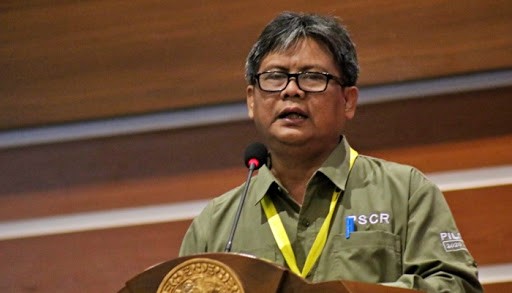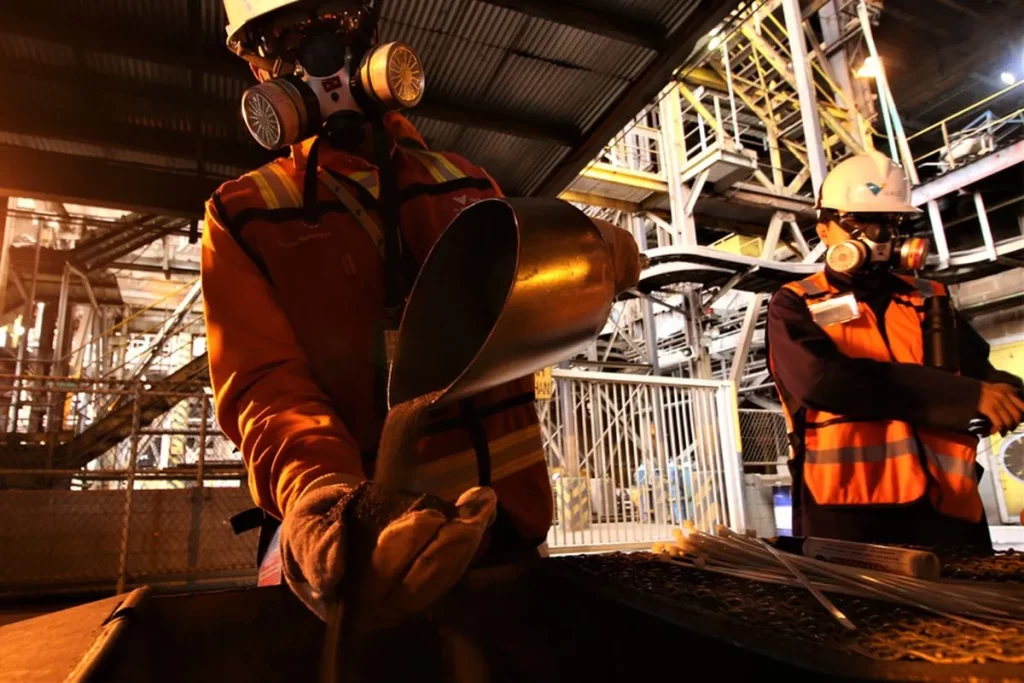UNAIR NEWS – In an era of increasing globalization, downstreaming or diversification of economic activity has emerged as a key trend that impacts the economic structure and has a substantial impact on the job market. Downstreaming refers to the extension of economic operations in the upstream or processing of natural resources. This transition has become a key topic in global economic debates.
Downstreaming definition
Prof. Dr. Suryanto, M.Si, a lecturer in the Human Resources Development Master’s Program at Universitas Airlangga (UNAIR), defines downstreaming as the process of transforming raw resources into a product, hence adding value. It entails processing raw materials before export, increasing the value of products not only in raw form but also as finished items capable of meeting the needs of both domestic and export markets.
“Beyond selling raw materials, downstreaming also includes providing finished goods to satisfy both local and export market demands. This additional value plays a crucial role in enhancing a nation’s productivity,” he said.
Benefits for economic structure and job market
He highlighted the benefits of downstreaming in creating new job opportunities and providing development opportunities for senior workers. Downstreaming increases production and displaces businesses that sell raw materials.
According to Prof. Suryanto, technology will contribute to the success of downstreaming. The more technology is embraced, the higher the productivity. As a result, downstreaming requires the use of technology and experienced human resources. Businesses will struggle to improve their standing if downstreaming is not implemented.

The role of culture
Besides, cultural factors also play a crucial role in downstreaming. Organizations or communities that lack a culture supportive of change and innovation may face obstacles in implementing downstreaming.
“Blending technology and culture is really important to make downstreaming successful, allowing us to get the best possible value added to our products,” the Dean said.
Hence, technology and culture play a key role in the success of downstreaming. Through the integration of evolving technology with a culture supportive of innovation, the optimal enhancement of product-added value can be achieved.
Author: Rosali Elvira Nurdiansyarani
Editor: Feri Fenoria
Read also:
Overcoming age limitations in job search in modern job market
Prof. Suryanto: Indonesia is still at learning phase towards Emancipated Learning









